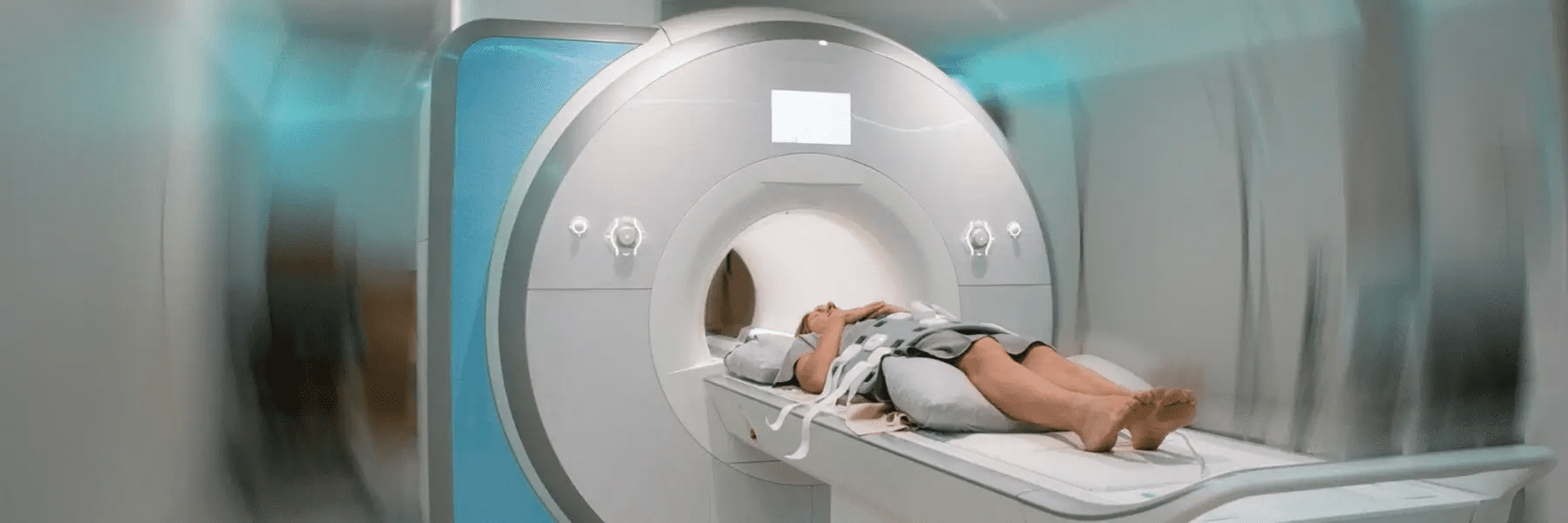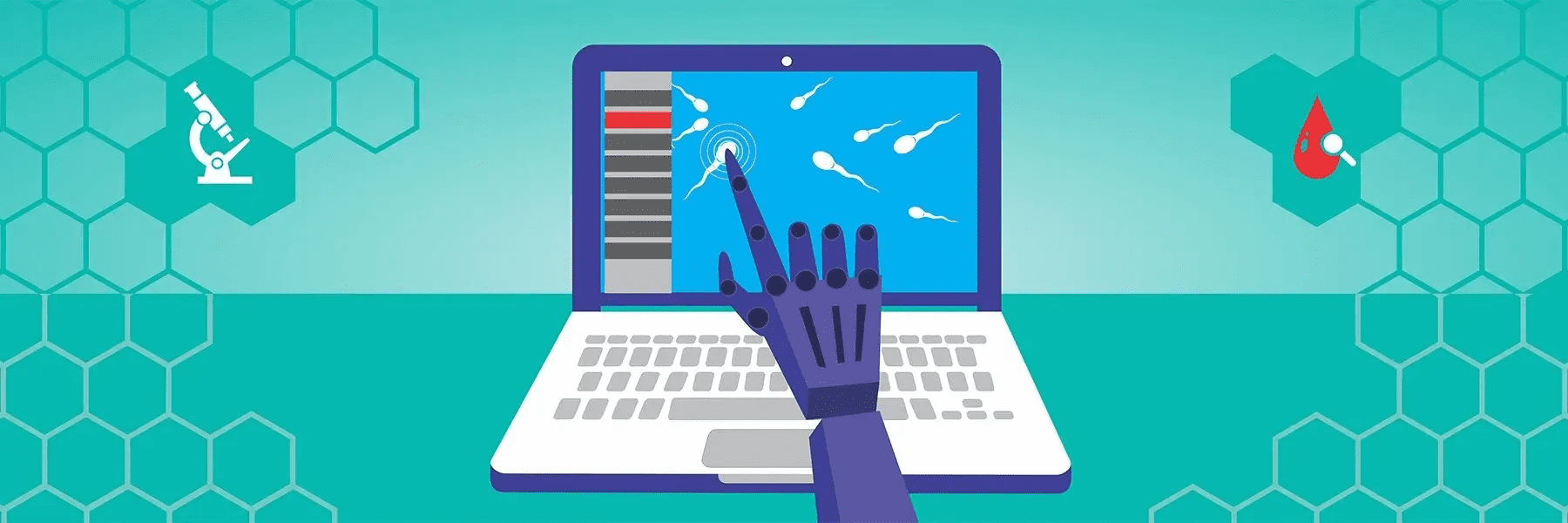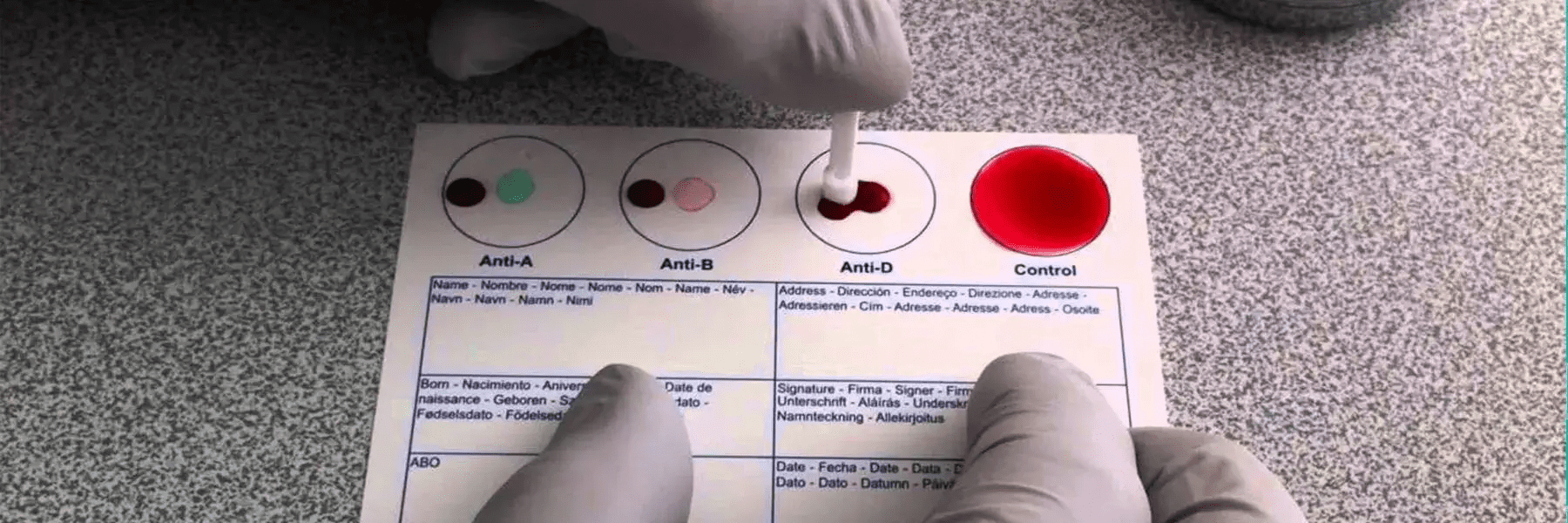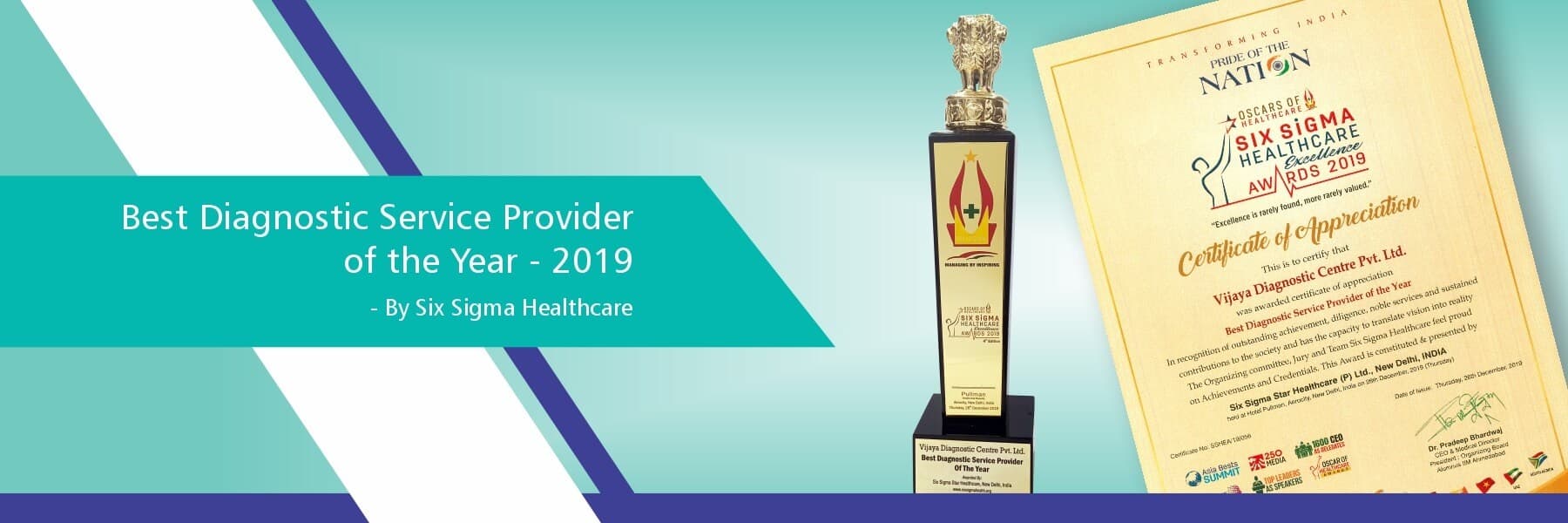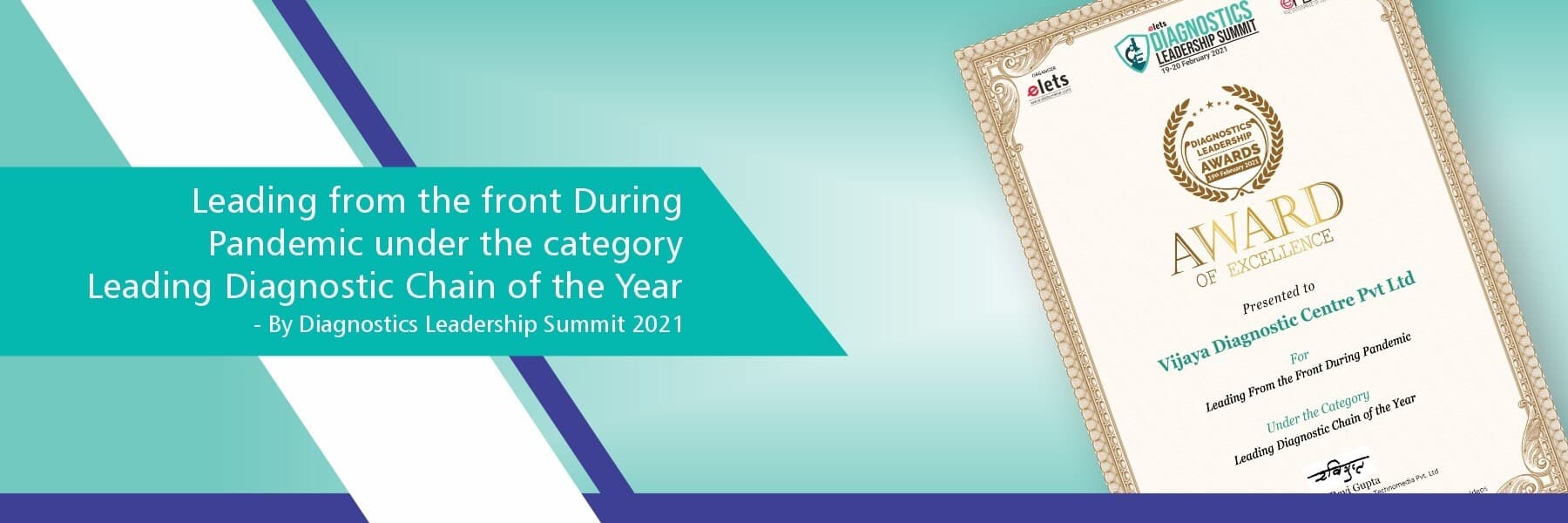What is Histopathology?
Pathology, the study of disease, encompasses various specialized fields, including histopathology. Breaking down the term, 'Histo' denotes 'tissue,' emphasizing the focus on studying diseased tissues.
Histopathologists examine tissue samples obtained by doctors or themselves. In some cases, they may need to divide the tissue into smaller segments during procedures like biopsies. These segments are then prepared as slides for further microscopic investigation.
The resulting histopathology report after careful scrutiny offers crucial insights into the nature of diseases, providing details like tissue descriptions, microscopic observations, tumor sizes, and notes on surgical margins. This in-depth examination aids medical professionals in making accurate diagnosis and informed treatment decisions.
Histopathology tests utilize tissue samples gathered through procedures like endoscopy, colonoscopy, colposcopy, or surgical interventions such as a breast biopsy. Conditions diagnosed through histopathological examination encompass Crohn's disease, Uterine fibroids, Ulcerative colitis, cancer, infections, etc
How are Histopathological Tests Performed?
Histopathology tests are conducted by specialized doctors known as pathologists, who play a crucial role in examining tissues under a microscope to diagnose diseases. In this process, tissue samples undergo meticulous preparation by the pathologists, who cut them into thin layers called sections through processes such as biopsies. These sections are then stained and examined under a microscope to observe and document the intricate details of the tissue.
For certain diseases such as cancers, a rapid assessment is achieved through frozen sections, obtained during surgery, providing results within approximately 20 minutes. This quick evaluation is particularly useful in surgeries to assess tumor margins, assisting surgeons in deciding if additional tissue removal is necessary for complete cancer removal. The frozen section method is commonly employed during surgeries, and its application depends on the type of cancer being addressed and other relevant factors.
Additionally, for the evaluation of blood cancers and the identification of metastases in solid tumors, lymph nodes are often biopsied. In some cases, a bone marrow biopsy may also be required for a definitive diagnosis of various blood cancers. The meticulous and detailed process of histopathology tests is essential in providing accurate diagnoses and guiding medical decisions for effective disease management.
What can be diagnosed by Histopathology?
Histopathological tests, commonly performed by doctors, serve as a crucial diagnostic tool, particularly in identifying the presence of cancerous cells. Histopathologists play a pivotal role in examining tissue samples obtained through procedures like endoscopy, colonoscopy, colposcopy, or surgical interventions such as breast biopsies.
The insights gleaned from these tests answer crucial questions, such as the presence of cancerous cells, the exact types of cancer cells present, and the percentage of cancerous cells. This information is vital for determining appropriate treatment strategies.
Beyond cancer detection, histopathology is instrumental in diagnosing various diseases. For instance, it aids in identifying conditions like ulcerative colitis, Crohn's disease, uterine fibroids, and infections. The thorough examination of tissue samples, including lymph nodes, allows histopathologists to assess the spread of diseases and understand their extent.
This comprehensive diagnostic approach of histopathological tests enhances the medical community's ability to provide accurate and tailored treatment plans
What is the difference between biopsy and Histopathology?
Many people often use 'biopsy' and 'histopathology' interchangeably, but there are distinctions. A biopsy is the procedure of collecting tissue samples to assess for atypical cells, while histopathology is the study of these cell samples. In technical terms, a biopsy refers to the gathering of tissues, whereas histopathology involves examining the sampled tissue itself. Technically, a biopsy alone will not yield any insights about the health of an organ or individual.
Further investigation of the sections obtained using stains and microscopy are needed to detect diseases and evaluate the progression of a disease.
Notably, histopathology can extend beyond biopsies to encompass the analysis of entire organs. Consequently, when your doctor discusses the results, they may refer to it as either a biopsy report or a histopathology report. For instance, if the examination involves studying samples from a complete organ, it technically falls under histopathology rather than a conventional biopsy.
Pathologists may additionally employ other sampling techniques alongside histopathology to diagnose cancers like leukemia and arrive at a prognosis. A few of the techniques are:
- molecular techniques: analyze tissues & cells at a molecular level
- Immunohistochemistry: utilizes antibodies for specific markers on cancer cells
- Chromosomal Studies: reveal gene rearrangements and genetic changes
Common Histopathological Tests Include:
1. Frozen Biopsy:
A frozen biopsy, also known as an intraoperative consultation, is a rapid diagnostic procedure performed during surgery. It involves the quick freezing and microscopic examination of tissue samples to help surgeons make immediate decisions. The entire process typically takes about 15-20 minutes, allowing surgeons to proceed with the necessary surgical intervention without significant delay.
2. Fetal Autopsy:
A fetal autopsy is a comprehensive examination of a fetus who has passed away in the womb, during birth, or shortly after birth. This examination helps to determine the cause of death, identify any congenital abnormalities, and provide valuable information for future pregnancies.
3. Bone Marrow Biopsy:
A small sample of the bone marrow is extracted to assess bone marrow health and detect blood disorders, leukemia and lymphoma. The Bone Marrow Trephine Biopsy Panel involves obtaining a cylindrical core of bone marrow tissue using a trephine biopsy needle, offering a comprehensive assessment of bone marrow architecture and aiding in the diagnosis & management of various hematologic conditions like leukemia, lymphoma & myeloma.
4. Bone Biopsy:
Used to assess health of bone structures and detect bone diseases, infections & bone cancer
5. Skin Biopsy: Skin tissue is removed for microscopic examination. It is used to assess skin conditions and detect cancers, infections & autoimmune disorders.
6. Biopsy With AFB Stain:
A special staining method used in biopsies to identify acid-fast bacteria. It is used to diagnose Tuberculosis7. Appendix Biopsy:
Performed to detect inflammation, infection and tumors in appendix
8. Direct Immunofluorescence Test:
This test involves labeling antibodies with fluorescent dyes for visualization under a microscope. It can aid in the detection of autoimmune diseases, skin disorders and certain infections.
9. Cervical Biopsy: Performed to detect cervical cancer, precancerous changes & infections.
10. Biopsy culture and sensitivity:
Removed tissue samples are grown in a culture to identify infectious agents and test their response to antibiotics. This can help pinpoint the specific pathogen causing an infection and its susceptibility to treatment.
11. Gallbladder Biopsy: Used to identify inflammation, stones, or cancer and assess gallbladder conditions
12. Kidney Biopsy: Performed to evaluate kidney diseases and detect infections, tumors & other kidney diseases.
13. Liver Biopsy Panel: Performed to detect tumors and assess liver diseases such as Cirrhosis, Hepatitis, etc
14. Endometrial Biopsy:
It can be used to assess hormonal changes and detect uterine conditions & cancers.
15. Grocott Methenamine Silver (GMS) Stain:
It aids in the evaluation of infertility, detection of tumors and overall assessment of testicular health.
Other noteworthy Histopathological tests include Endoscopy, Colonoscopy & Colposcopy which are used to detect abnormalities, tumors, inflammation & assess the health of the gastrointestinal tract & cervix respectively.
Additionally, tests such as Acute Lymphoblastic Leukemia (ALL) FISH Panel, and Transurethral Resection Of The Prostate (TURP), Histoplasma Antibody Immunodiffusion and IHC (Immunohistochemistry) P53 can offer valuable insights into conditions ranging from infectious diseases to cancers.
Components of Histopathological Report
Histopathology reports are usually detailed, encompassing the following details:
- description of tissue appearance
- a diagnosis
- a synoptic report of case findings
- Pathologist’s remarks (if any)
These reports are intricate but crucial for understanding the disease. Interpretation is vital for prognosis, considering factors such as tumor size, severity, and grade, along with indications of cancer spread.
Prognostic indicators assist in predicting survival rates or recovery, and grading involves scoring cells based on their abnormality under a microscope. Higher grades signify more significant abnormalities. It's important to distinguish grading from staging, which assesses cancer location and spread within the body. Consulting a specialist healthcare provider is essential for patients to comprehend the findings of Histopathology tests effectively.
Why Vijaya Diagnostics?
As South India's largest integrated diagnostic chain, we have served 50+ million customers over the last 4 decades. Vijaya Diagnostics stands as the premier choice for diagnostic care, boasting ISO compliance, NABL & NABH accreditation, and 24/7 services. Our Histopathology labs, conveniently located near you, leverage world-class technology for swift and precise diagnosis of infectious diseases. Automation streamlines sample handling, ensuring a low Turnaround Time (TAT).
Explore the convenience of our user-friendly app, where 5000+ comprehensive tests are just a tap away. Your health journey becomes effortless with instant appointment booking, rescheduling options, and hassle-free home sample collection—all designed to prioritize your well-being. The flexibility extends beyond home sample collection; enjoy cashbacks, reward points, and exclusive discounts tailored for your health conditions, age, and family, making your healthcare experience truly hassle-free.
What sets Vijaya Diagnostics apart is our ability to seamlessly integrate convenience, accessibility, and accuracy—all at affordable and transparent pricing.
If you are wondering, where can I find a reliable & affordable histopathology lab near me then don’t look further! With an extensive network of 140+ cutting-edge diagnostic centers across 20 cities, we ensure accessibility, bringing our expertise right to your doorstep – from Tirupati to Hyderabad & Gurgaon to Kolkata.
Choose Vijaya Diagnostics - because your health deserves nothing less!
Frequently Asked Questions
1. What role does a histopathologist play in patient care?
Ans - Histopathologists play a crucial role in patient care by examining tissue samples to diagnose diseases such as cancer or infections and assess their progression. They provide insights for treatment planning and contribute to understanding the nature & progression of various medical conditions.
2. What is the significance of histopathology in cancer diagnosis?
Ans - Histopathology is vital in cancer diagnosis as it allows for the microscopic examination of tissues. It helps determine the presence of cancer cells, their size, location, type, abnormalities of the cancerous cells and characteristics, guiding oncologists in devising accurate treatment strategies tailored to the specific cancer type.
3. How long does it take to receive histopathology test results?
Ans - The TAT (Turnaround Time) for histopathology test results varies based on the type of test and the complexity of the analysis. Generally, results may be available within a few days to a couple of weeks, depending on the specific testing procedure. Most histopathological reports will be available in two to three days unless additional testing of tissue is needed. In such cases, the reports could even take up to 14 days.
4. What is the purpose of histopathology tests?
Ans- Histopathology tests serve the purpose of examining tissue samples under a microscope to diagnose various medical conditions. They provide detailed information about the structure, composition, and abnormalities in tissues, aiding in accurate disease diagnosis and treatment planning.
5. Are there any risks or complications associated with histopathology tests?
Ans - Most Histopathology tests typically involve minimal risks or complications. The procedures may be performed under anesthesia and are generally safe; however, there may be slight discomfort or bruising at the biopsy site. Serious complications are rare, and healthcare professionals will take adequate precautions to ensure patient safety during the process.
Drag & drop your files here, Or
browse files to upload.
.pdf, .jpg & .png formats supported. Upto three files can be uploaded at a time
Blogs
Awards & Recognitions
Diagnostic Education
Frequently Asked Questions (FAQs)
Centre Details & Locations
You can click on the Centre Locator mentioned on the top right bar of our home page website to locate centres in your city. You can also search in Google “Vijaya Diagnostic Centre near to me” to find the nearest centre.
Yes, most of the centres have this facility.
Yes, you can check the operational timing of a branch by selecting the centre you want to visit on our website or Google map of respective centre
Health Checkup & Packages
The validity of a health check package is 30 days from the date of invoice, for more detail to Terms & Condition of use section on our website.
Watch This Video for Detailed Information
Once the validity period is over for your registered package, the package cannot be availed. The amount paid by you during the registration process is non-refundable, non-transferable and gets forfeited if you do not visit the branch within the validity period. The amount paid by you during the registration of the special package cannot be utilized for availing other packages.
No. These are special promotional packages which are available for registration only during the specific campaigns and thus it is important for you to register there during the event/campaign. These are specially designed and discounted packages which are only available during the campaign with specific validity period.
The package once registered, is non-transferable. One has to utilize the package for the registered customer only.
Home Sample Collection
Yes, you can book a Home Sample collection by filling form on our website or calling our customercare number at 9240 222 222.
Yes, you can prepone/postpone an appointment by calling our customercare number at 9240 222 222.
Reports
Visit Home page of our website and click on Download reports icon. You need to login with mobile number and OTP. You will see your latest report in PDF format.
No, your reports would not be shared with anybody else other than you.
Tests Information & Instructions
Yes, fasting is recommended before undergoing a blood test.
Watch This Video for Detailed Information
- Generally, fasting is required prior to administering IV contrast. Fasting for ~ 4 hours (solid foods) is recommended.
- Kidney function test (serum creatinine) in cases of positive clinical history.
- Review of your medical history to determine that no issues exist preventing you from having a CT scan, such as pregnancy / contrast allergy or reaction (i.e., hives, rash, itching, breathing difficulty).
- A person accompany for IV contrast procedure.
- Some CT scans require drinking oral contrast, for approximately 30–60 minutes prior to your scan.
- Some CT scans involve an injection of contrast, for which an IV cannula will be inserted.



